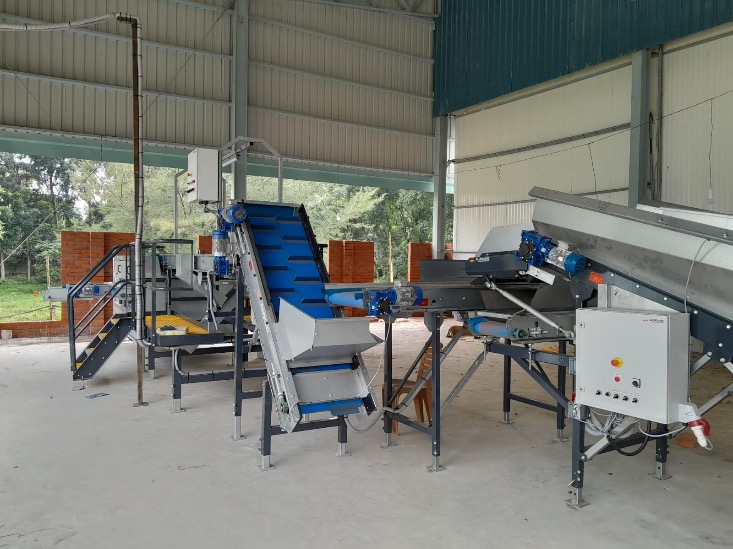Bangladesh Onion Impact Cluster
SUMMARY
Advance Consulting, in collaboration with consortium partners Allround Vegetable Processing BV, Bejo Zaden BV, Waterman Onions BV, Deltadesh Pvt Ltd, and Lal Teer Seed Limited, is supporting the development of Bangladesh’s onion sector. Together, we are implementing activities with the aim to produce better quality onions and reduce post-harvest losses, resulting in higher net incomes for growers and traders, and reduced reliance on onion imports. Advance Consulting is responsible for project coordination and management, along with providing private sector development support.
COUNTRY
Bangladesh
PERIOD
2022-2025
SECTOR
Agriculture
CHALLENGE
For several months of the year (September-December), Bangladesh faces significant onion shortages, as a result of improper post-harvest handling, cleaning, grading, bagging, transportation, and storage of the onions. Additionally, the quality of the onions harvested is often poor.
The productivity and quality of the onions produced in Bangladesh are impacted by the quality of the seeds planted, as well as the management of pests and diseases. The average Bangladeshi onion grower has limited access to improved seeds and fertilisers, limiting their achievable yields and exposing their crop to diseases and rot. Moreover, the growers lack the necessary technology, knowledge and support needed to improve the productivity and quality of their onions.
Onions in Bangladesh are most commonly stored either on farms or in market-based, fan-ventilated rooms, typically without temperature, humidity, or CO₂ control. Sorting and packaging are carried out manually. Traditional, farm-based storage methods, combined with limited knowledge of proper handling and quality storage, contribute to avoidable losses in both volume and quality during storage. As a result, onion shelf-life is shortened, leading to supply shortages, especially during September to December.
SOLUTION
The Onion Impact Cluster addressed two related problems in Bangladesh's onion supply chain, namely: 1) lack of improved onion seed, as well as inadequate post-harvest & storage practices; and 2) lack of the necessary knowledge and skills to adopt improved solutions and technologies. The former was addressed through the introduction of onion varieties tested for higher yields and extended shelf life, alongside storage solutions designed to preserve both local and Dutch varieties for longer periods.
RESULTS
The outcomes of the activities implemented include:
- Improved onion productivity and quality, with yields increasing by 70%.
- Reduced post-harvest losses by 34% through the demonstration of Dutch sorting, grading, and storage solutions at two onion storage facilities.
- Enhanced growers’ and traders’ knowledge and skills in cultivating improved onion varieties through targeted training.
- Developed business cases to catalyse investment in improved farming practices and storage services.
SUSTAINABILITY
Economic sustainability is promoted through business case development and job creation, especially in rural areas. By building local capacity through extensive training programmes, long-term skills development is fostered. The training component supports lasting impact and resilience in the onion value chain. Long-term sustainability is also reinforced through partnerships with local private sector companies and the potential for commercial scaling of Dutch technologies and onion varieties.

